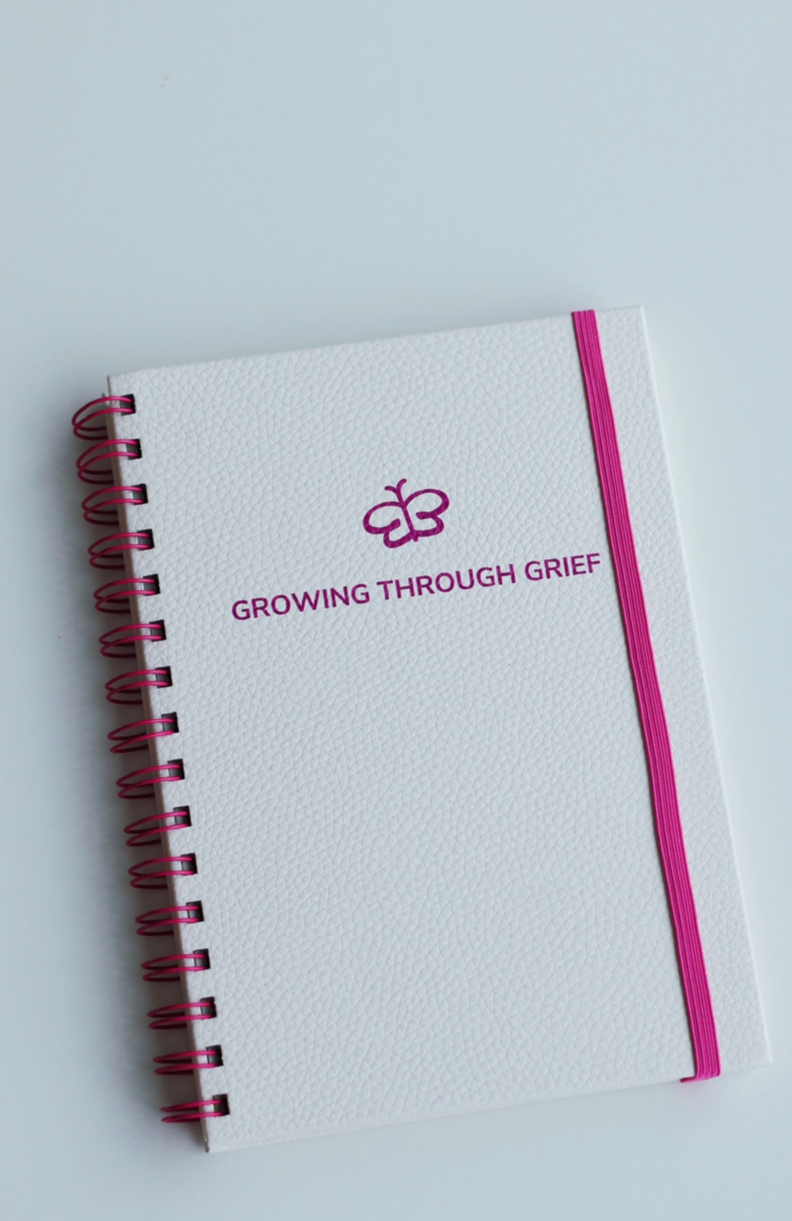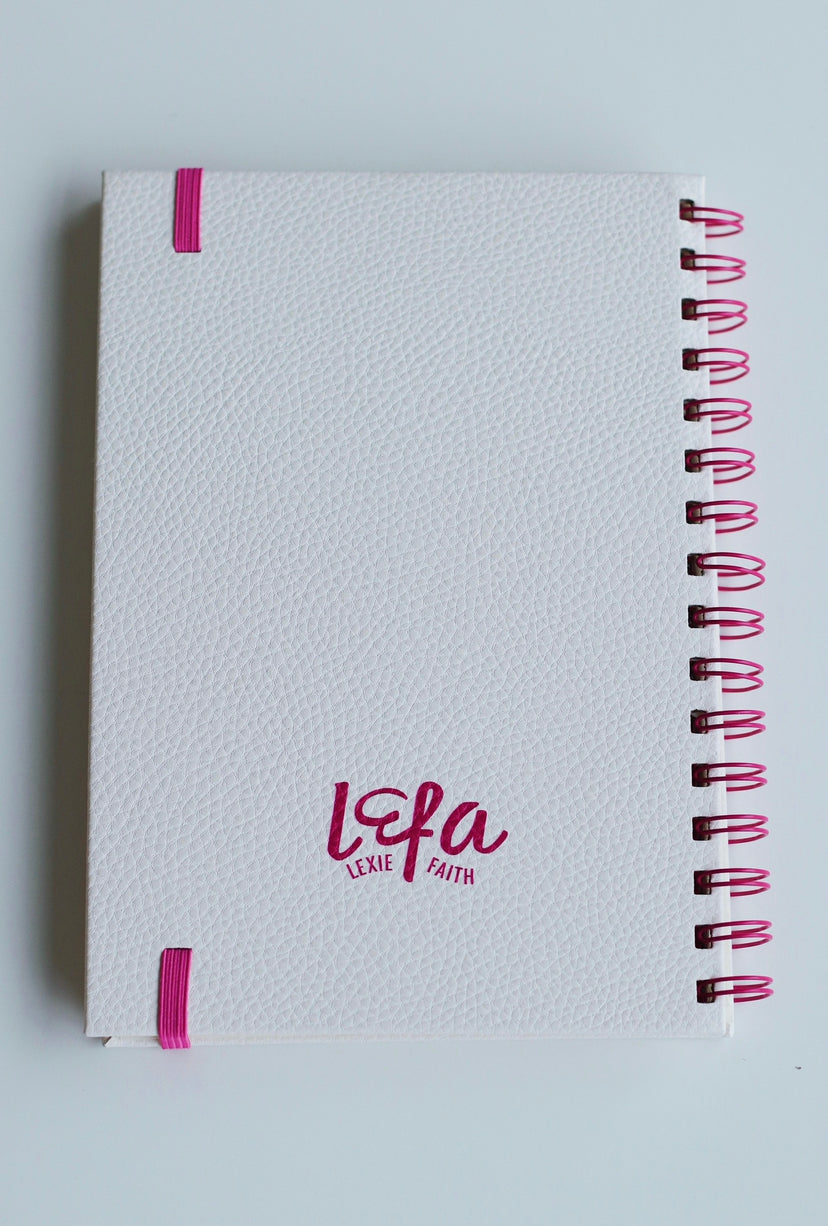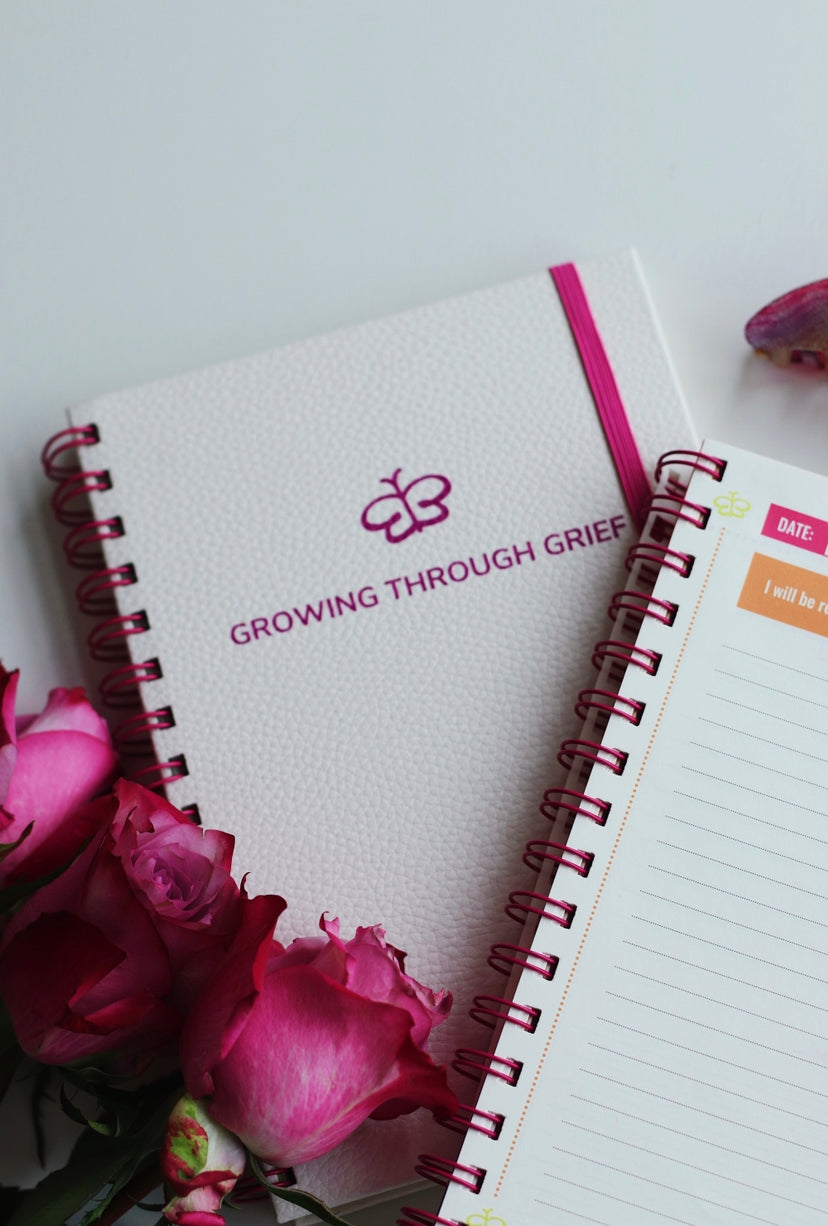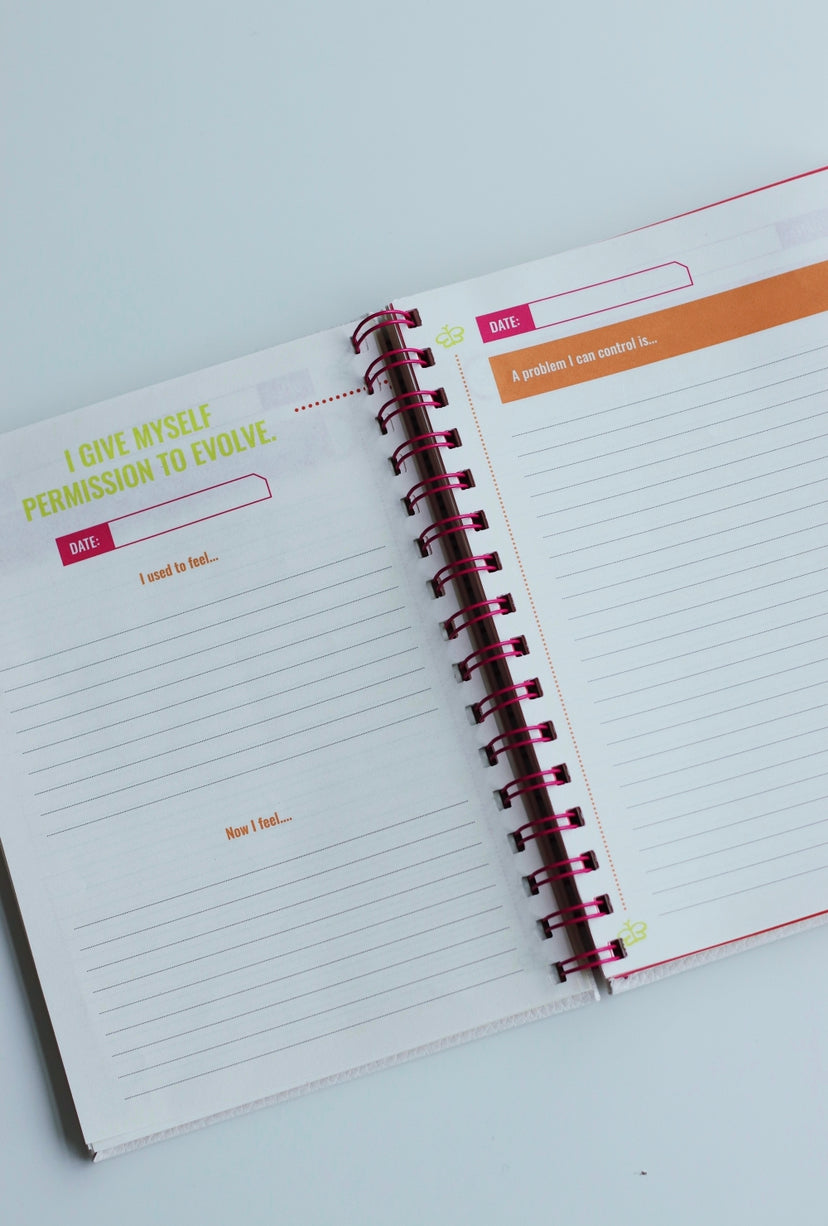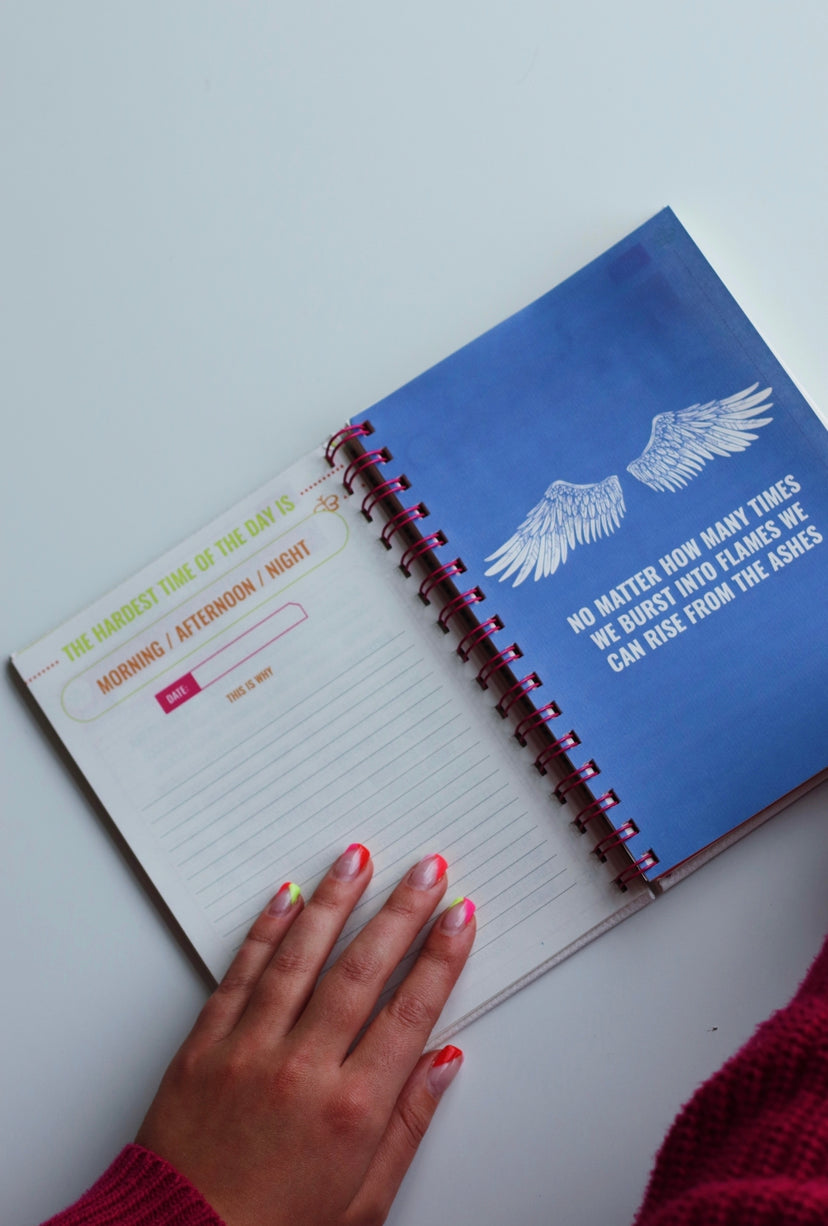What to Say When Someone Dies: Offering Comfort and Support
Losing a loved one is never easy, and it can be difficult to know how to express your sadness and sympathy during such a time. Offering words of comfort and showing empathy can help the bereaved person feel supported. Doing or saying something, is better than saying nothing but it's important to be sensiteive. Give support in a way that makes the bereaved feel better, even if (hard truth) the sadness makes you uncomfortable. None of that "they're in a better place" or "everything happens for a reason" bullsh!t, pardon my French. Instead, offer words of sympathy that acknowledge their pain, such as “I can only imagine how hard this must be for you”.
Acknowledge the Loss
When someone experiences the loss of a loved one, it’s important to acknowledge the grieving process and let them know you are there. Expressing your condolence messages is a crucial way to show that you care and are honoring the memory of the deceased. Saying something as simple as, “I’m so sorry for your loss” or “My thoughts and prayers are with you” can provide emotional support during this time of grief and loss.
Offer Practical Help or Support
Providing bereavement support extends beyond words. Offering practical help—such as cooking a meal, running errands, or simply being present—can help lighten the burden of grief and loss. If they decline help, respect their space but continue to check in. You can also provide a thoughtful sympathy gift like a grief journal to help them process their emotions. Even small gestures show you care and can make a big difference in their grieving process.
Share Your Memories of the Deceased
One of the kindest things you can do when someone is grieving the loss of a loved one is to share an anecdote or a memory of the deceased. This can offer words of sympathy and help keep the memory of their loved one alive. Sharing stories that highlight the character and personality of the person who has passed can be comforting. Saying something like, “I’ll always remember your dad’s great sense of humor” or “Your mother’s kindness touched so many lives” can provide comfort and support to the bereaved person.
Check In Later to See How They're Doing
It’s important to remain a source of emotional support beyond the initial period of mourning the loss. After the funeral or memorial service, many people begin to feel isolated as others move on with their lives. Checking in through a text, phone call, small gift or visit can remind the grieving person that they are not alone. Saying, “I’ve been thinking about you” or “How have you been holding up?” can provide comfort in their time of grief.
Respect Their Grieving Process
Everyone experiences grief and loss differently. Some may openly express their emotions, while others prefer solitude. It’s important to respect their grieving process, even if it differs from your own. Avoid insensitive saying things like, “You’ll move on soon” —instead, offer words of sympathy that acknowledge their pain.
Finding the right sympathy messages when someone is grieving the loss of a loved one can be challenging, but offering words of comfort, sharing memories, and providing practical help can make a meaningful difference. The bereaved person needs ongoing emotional support as they navigate their grieving process. Acknowledging their pain, checking in regularly, and respecting their personal journey of mourning the loss ensures they feel supported in their time of grief. By being present, patient, and compassionate, you can truly help someone through one of the most difficult experiences of their life.




